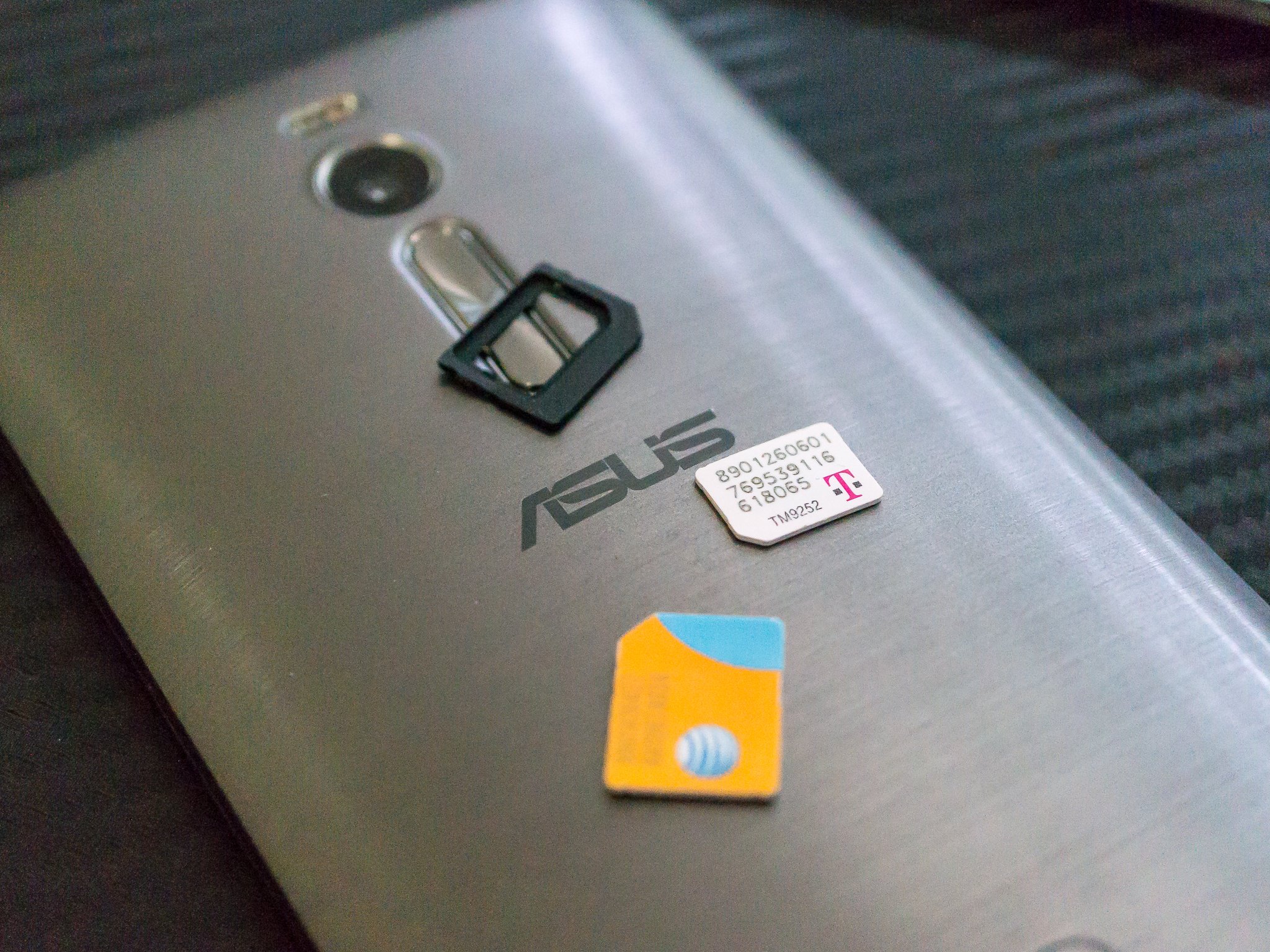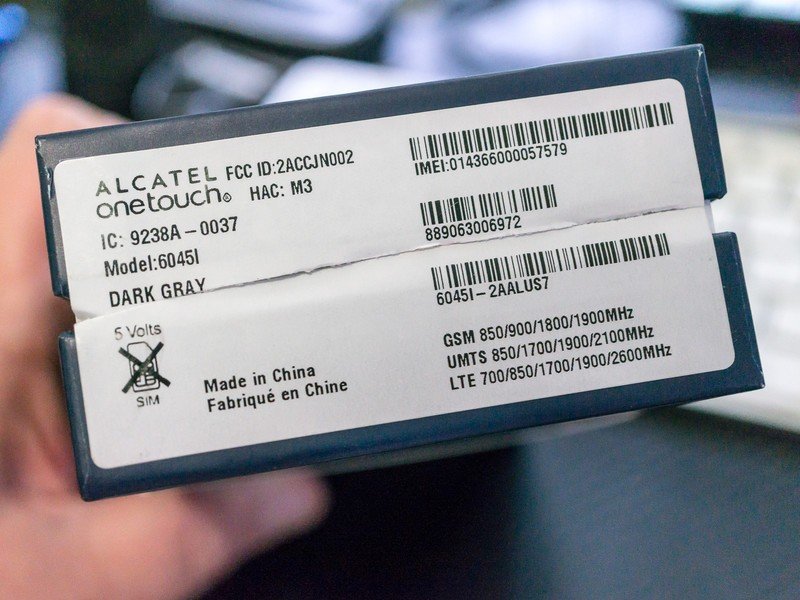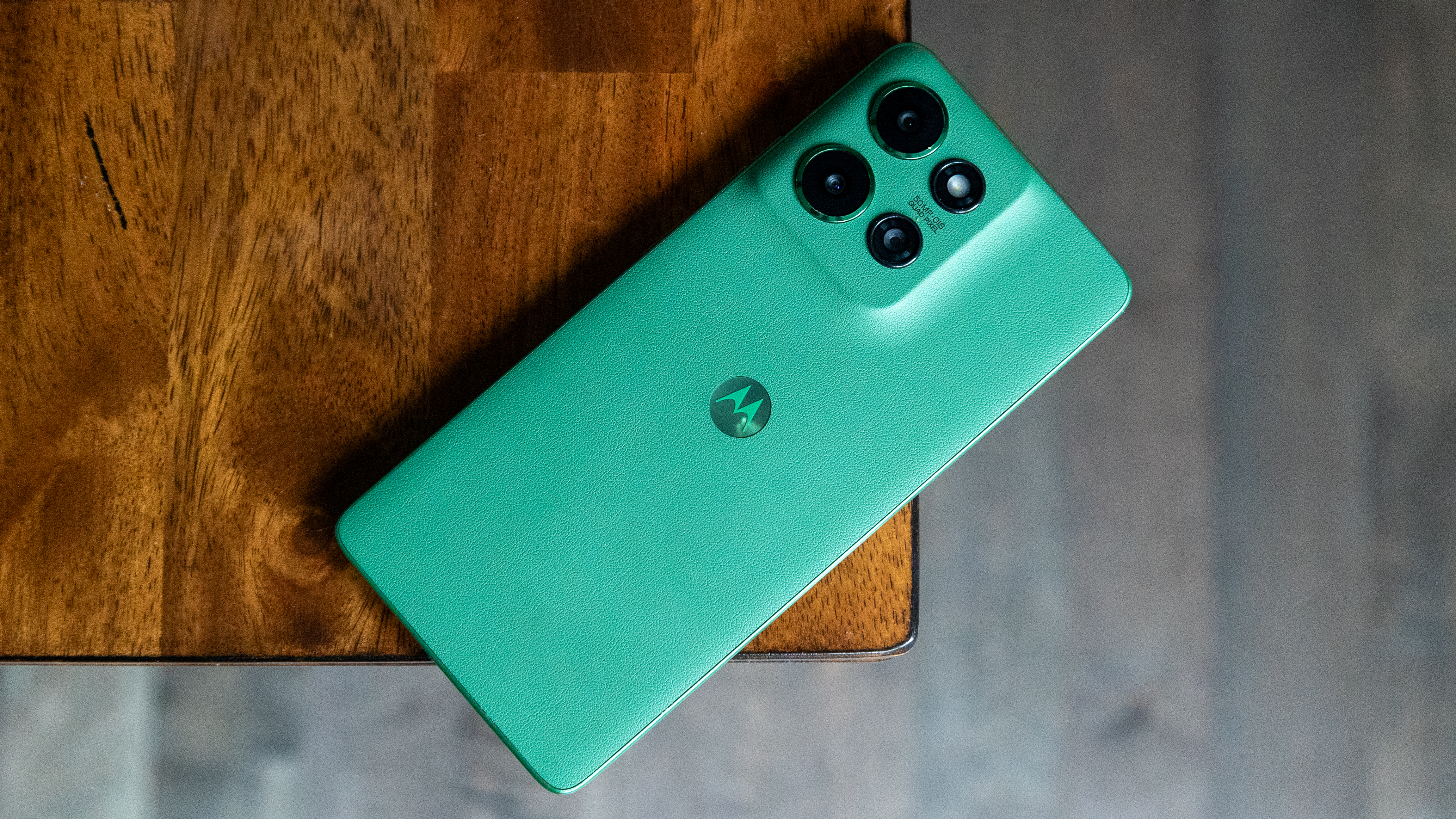What radio bands do I need on my unlocked phone?

Buying an unlocked phone you can freely use on any GSM carrier is a great idea. You can get a great phone at a reasonable price now, and not being tied to any carrier's payment plan or network contract puts you in control of where and how you use your phone.
But you'll need to make sure the phone you're buying is not only unlocked, but has the hardware support needed to use on the network you plan to use it on. That's not nearly as easy, but we can help.

The first thing you should do is contact the person or company selling the phone, and ask them to confirm that it will work on the network you need it to work with. Knowing the exact model number of the phone is a good start. Anyone selling an item should be well-informed about what it can and can't do. If they can't help you, consider that a red flag and think about shopping elsewhere.
The next thing you should do is ask your fellow unlocked phone users. The Internet has an answer for just about every question, and the forums are a great place to reach folks who had the same question you have, and have found the answer. We're all here to help each other, after all.
I can help a little bit here, too. I've been looking and looking at unlocked phones for a while, and have the mess that is the U.S. cell service providers mostly figured out.
AT&T:
- GSM voice: 850Mhz and 1900Mhz
- EDGE (2G data): 850Mhz and 1900Mhz
- UMTS/HSPA (3G data): 850MHz and 1900Mhz
In some markets, you will only use one of these bands. In others, you will use both. There are no current maps that tell you where these "oddball" areas that only need one or the other are. Buy a phone that supports both 850Mhz and 1900Mhz.
Get the latest news from Android Central, your trusted companion in the world of Android
- LTE: Band 2 (1900Mhz), band 4 (1700Mhz), band 5 (850Mhz) and band 17 (700Mhz).
Band 17 is AT&T's primary LTE band, but the others are used in areas where AT&T doesn't have a band 17 footprint, or in combonation with band 17 in high-traffic areas. To be safe, buy a phone that supports all these LTE bands.
T-Mobile:
- GSM voice: 1900Mhz
- EDGE (2G data): 1900Mhz
- UMTS/HSPA (3G data): 1700Mhz and 2100Mhz (commonly known as AWS). And sometimes 1900Mhz.
In some markets, T-Mobile has UMTS/HSPA 3G data on the 1900Mhz band in addition to the 1700Mhz/2100Mhz bands. Examples are New York, Washington, DC and Atlanta, but there are plenty more. Over time, T-Mobile is moving from using primarily AWS to primarily 1900Mhz. Check your area here.
- LTE: Band 2 (1900Mhz), band 4 (1700Mhz), band 12 (700Mhz).
Band 4 is T-Mobile's primary LTE band. In some areas, where T-Mobile owns no band 4 spectrum, band 2 is being deployed over the 1900Mhz 2G data network. These areas will have no 3G data network — only LTE.
T-Mobile has started to deploy the band 12 (700Mhz) network as of late-2014. Few phones support LTE on band 12, but if you want to be 100 percent future-proof on T-Mobile's network, you should look for band 12 LTE support.
Sprint and Verizon
- Sprint LTE: Band 25 (1900Mhz), band 26 (800Mhz) and band 41 (2500Mhz)
- Verizon LTE: Band 4 (1700Mhz) and band 13 (700Mhz)
- Sprint WiMAX: 2.5Ghz (depreciated)
Verizon uses 850Mhz and 1900Mhz for voice service, 1xRTT (2G data) and EVDO (3G data).
Sprint uses 800Mhz and 1900Mhz for voice service, 1xRTT (2g data) and EVDO (3G data).
Forget about getting service on an unlocked phone from Sprint or Verizon unless it's a Nexus phone or an iPhone. Some other phones are capable, but these carriers have a sort of a list of phones that they will activate on their networks, and if your phone isn't approved and on that list, it isn't going to happen.
You may have success with dropping a Sprint or Verizon LTE SIM card in an unlocked LTE-capable device (with the right bands), but you'll never get support for voice or messaging. This may be OK for a tablet, so it's definitely worth a shot.
Yep. This can get confusing. That's why I still recommend you ask around and ask the seller before any money changes hands. There's no harm in getting plenty of feedback before you buy.

Jerry is an amateur woodworker and struggling shade tree mechanic. There's nothing he can't take apart, but many things he can't reassemble. You'll find him writing and speaking his loud opinion on Android Central and occasionally on Threads.
